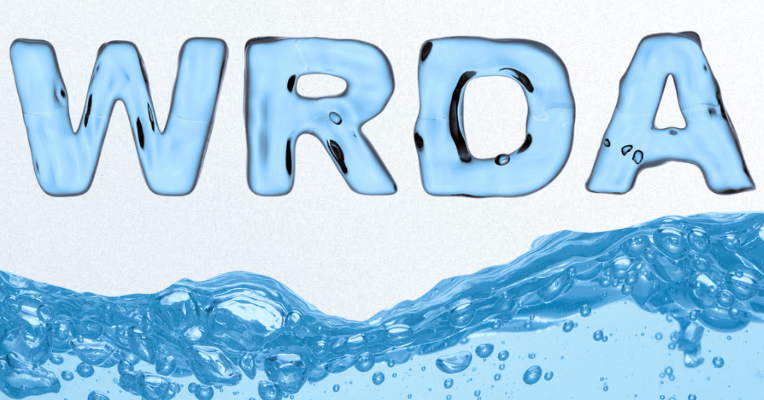-1.png?width=300&name=thumbnail_image001%20(1)-1.png)
Water Resources Legislation will Help Stop Invasive Carp, Prevent Coastal Erosion and Flooding, and Improve Water Systems
WASHINGTON – U.S. Senators Debbie Stabenow (D-MI), a member of the Senate Committee on Environment and Public Works, and Gary Peters (D-MI) secured major water infrastructure investments for Michigan in the bipartisan Water Resources Development Act. This bill authorizes projects through the U.S. Army Corps of Engineers to stop invasive carp, prevent coastal erosion and flooding, and improve water quality in Michigan. The bill passed the Senate 92-2.
“Michigan knows firsthand how more frequent and more severe weather caused by the climate crisis is taking a toll on our coastal communities and aging infrastructure. These investments will address erosion in our coastal areas, prevent damaging flooding in our communities, improve water quality, and stop the spread of invasive Carp and other species in our Great Lakes,” said Senator Stabenow.
“This legislation makes essential investments to modernize our water infrastructure, keep our water safe and protect the Great Lakes for future generations,” said Senator Peters. “I was proud to help it pass the Senate and that it includes key provisions I fought for that will upgrade key locks and dams, reduce the risk of rising water levels and floods, address the threat of Asian Carp, and safeguard Michigan’s waterways.”
Thanks to the leadership of Senator Stabenow and Senator Peters, the Water Resources Development Act will:
· Increase the federal cost share for Brandon Road Lock and Dam project: The federal cost share for constructing the Brandon Road Lock and Dam project will increase from 80% to 90% to prevent invasive carp and other invasive species from entering the Great Lakes. This increase will help expedite the completion of this critical project.
· Address destructive coastline erosion and flooding: The bill allows the Army Corps of Engineers to provide support to Great Lakes states to prevent future erosion that causes flooding in coastal communities
· Identify and address flood risks in Southeast Michigan and Midland County: The bill authorizes the U.S. Army Corps of Engineers to work with Southeast Michigan and Midland County to identify and address flood risks in their communities caused by extreme precipitation.
· Support sewer overflow, stormwater, and drinking water projects: The bill increases Michigan’s statewide Environmental Infrastructure Assistance Program authority from $5 million to $85 million and expands its eligibility to support new sewer overflow, stormwater, and drinking water projects.
· Expedite the Great Lakes Coastal Resiliency Study: The bill authorizes the U.S. Army Corps of Engineers to expedite the completion of the Great Lakes Coastal Resiliency Study to develop a coordinated strategy to manage and protect the Great Lakes. Any future studies identified would be automatically authorized.
· Enable navigation projects at South Haven Harbor: The bill authorizes an investigation into the feasibility of modifying navigation projects at South Haven Harbor for turning basin improvements.
· Help keep authorized projects including the Soo Locks on schedule.
###














